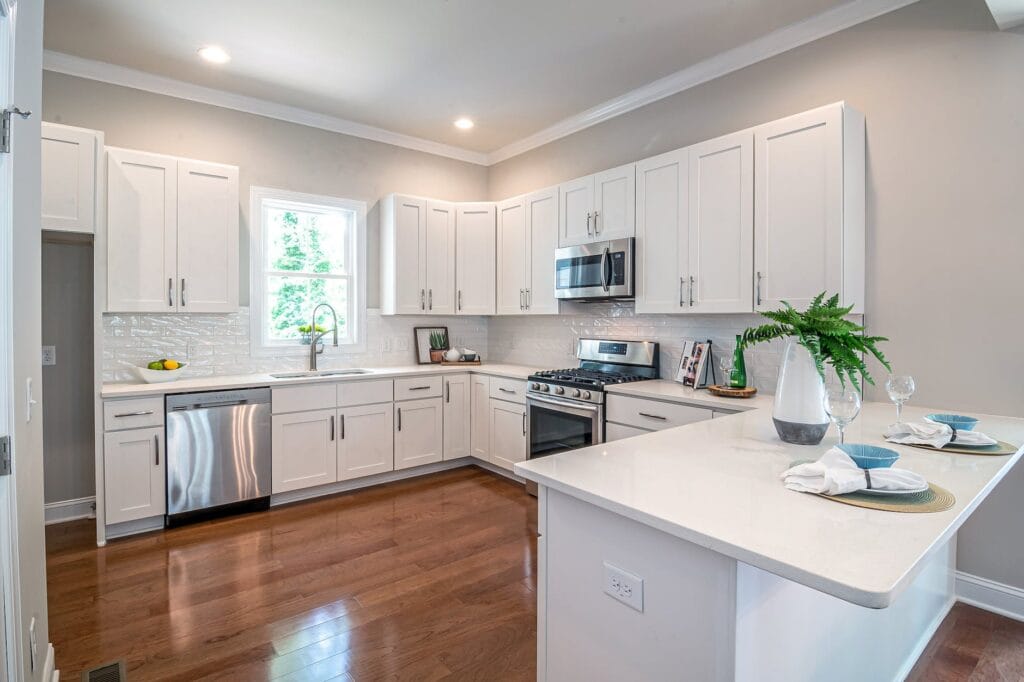When it comes time to sell or rent your home, there are a lot of factors to consider. In this article, we’ll take a look at the pros and cons of both options so you can make the best decision for your needs.
Selling Your Home
Pros:
- Financial gain: Selling your home can provide you with a significant cash infusion, allowing you to capitalize on your property’s equity.
- Simplified finances: Selling eliminates the responsibility of managing a rental property, which can save you time and money.
- Flexibility: Selling your home gives you greater freedom and flexibility to pursue new opportunities or relocate to a different area.
- No landlord responsibilities: By selling, you eliminate the need to handle tenant selection, rent collection, and property upkeep.
Cons:
- Market conditions: The real estate market is subject to fluctuations, and selling during a downturn could result in a lower sale price.
- Transaction costs: Selling a property incurs various costs, such as real estate agent commissions, closing fees, and potential capital gains taxes.
- Emotional attachment: If you have a strong emotional connection to your home, selling it may bring about feelings of loss or nostalgia.
- Future housing: Selling means you’ll need to find a new place to live, which may involve additional costs and the stress of house hunting.
Renting Your Home
Pros:
- Steady rental income: Renting out your property can provide you with a consistent monthly income stream, which can help cover mortgage payments or supplement your finances.
- Tax benefits: Rental income may be eligible for tax deductions, such as property expenses, repairs, and depreciation.
- Long-term asset: By holding onto your property and renting it out, you retain ownership and can benefit from potential appreciation in value over time.
- Potential future use: Converting your property into a rental allows for flexibility in the future, such as using it as a vacation home or accommodating family members.
Cons:
- Landlord responsibilities: Becoming a landlord entails managing tenant relationships, addressing maintenance issues, and ensuring the property complies with legal and safety regulations.
- Rental market risks: Rental demand and market conditions can fluctuate, potentially leading to extended vacancies or difficulty finding reliable tenants.
- Property damage and wear: Renters may not treat your property with the same care as you would, which could result in wear and tear, costly repairs, or potential disputes.
- Financial risk: Relying on rental income means being exposed to factors like rental price fluctuations, unexpected expenses, and potential non-payment by tenants.
Factors to Consider
When deciding whether to sell or rent your home, there are a few key factors you’ll need to consider:
- Your financial goals: What are your short-term and long-term financial goals? How will selling or renting your home help you achieve those goals?
- The current market conditions: What is the current real estate market like in your area? Is it a seller’s market or a buyer’s market?
- Your time and effort: How much time and effort are you willing to put into managing a rental property?
- Your emotional attachment to the property: How attached are you to your home? Would you be willing to let someone else live there?
- Your future plans: What are your future plans? Do you plan to relocate in the near future? Do you want to use your home as a vacation home or for other personal use?
Conclusion
Deciding whether to sell or rent your home is a big decision, and there is no one-size-fits-all answer. The best option for you will depend on your individual circumstances and goals. By carefully considering all of the factors involved, you can make the best decision for your needs.
Frequently Asked Questions (FAQs)
- Can I change my decision from selling to renting or vice versa in the future? Yes, you can change your decision depending on your circumstances. It’s essential to assess the market conditions and evaluate your financial goals periodically.
- What are the tax implications of selling vs renting my home? Selling a property may incur capital gains taxes, while renting can offer tax benefits like deductions on property expenses. Consult a tax professional for personalized advice.
- What should I consider when selecting tenants for my rental property? When choosing tenants, conduct thorough background checks, including credit and rental history, employment verification, and references, to ensure reliability and reduce potential risks.
- Is property management necessary for renting out my home? Property management can ease the burden of landlord responsibilities, but it comes at an additional cost. Consider your capacity to handle property management tasks and decide accordingly.
- What happens if my rental property remains vacant for an extended period? Extended vacancies can impact your rental income. It’s advisable to have sufficient funds to cover mortgage payments during periods of vacancy and implement marketing strategies to attract potential tenants.

